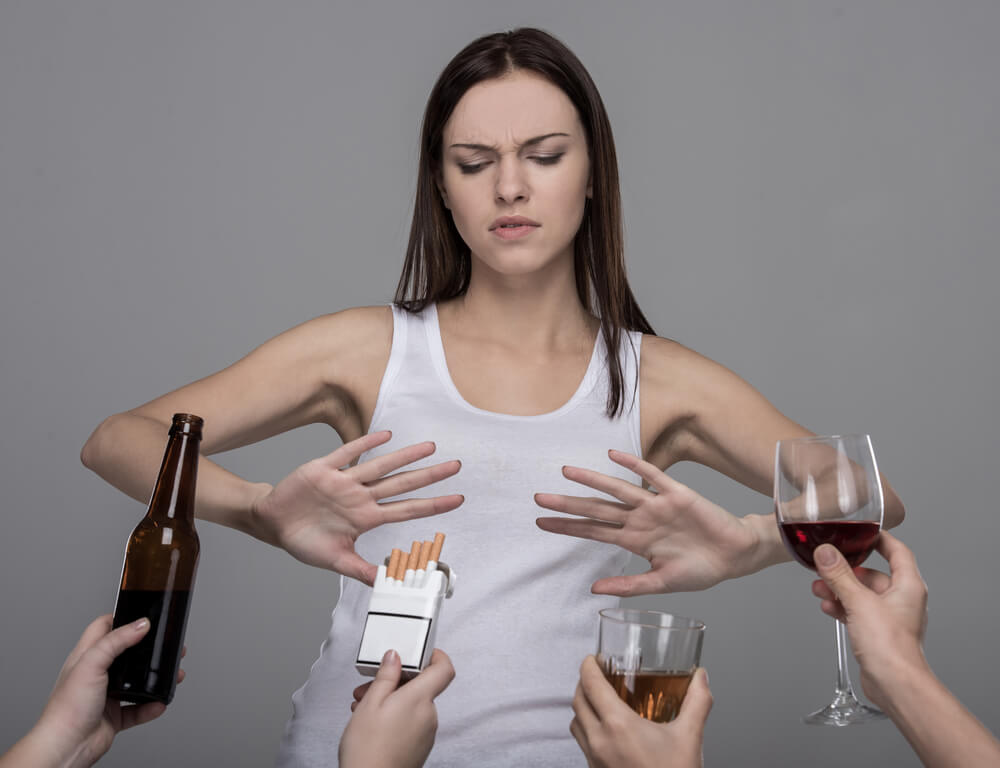
Why Do People Relapse: Discover the Top Reasons
Legacy Healing Center Blog
Overcoming drug addiction will often result in a relapse, but there are treatment options to prevent relapse.
Relapse can be a verb meaning (of someone suffering from a disease) suffer deterioration after a period of improvement, or a noun meaning a deterioration in someone’s state of health after a temporary improvement.
Why do people relapse?
Relapse is an unfortunate possibility for individuals recovering from an addiction. Drug relapse statistics note that between 40-60% of individuals in recovery have a relapse setback during the process. This can be related to other chronic diseases that tend to come back after periods of improvement.
Staying sober is difficult as well as staying healthy with any other type of chronic disease.
Relapsing doesn’t mean that treatment has failed but it does show that more help is needed. It’s difficult to give just one answer as to why do people relapse as well as it’s difficult to give an average number of relapses before sobriety.
There are many factors that play into each individual’s life that can relate directly to their personal drug relapse statistics.
Why do People Relapse: Relapse Factors
It can be difficult to remain sober depending on the environment that the individual returns to after treatment and that can include living situations, family situations, work situations and more.
Many factors play a role in the possibility of relapse and it can also relate directly to the length of the addiction and severity of it. Drug relapse statistics note that the following are some of the more common reasons why people relapse:
Triggers: Triggers are just as they sound. This can be a feeling, situation, relationship or thoughts that cause an individual to want to use substances even after a time of improvement.
This can be by going to a certain restaurant or bar or being around certain individuals from the past with which the substances were consumed. Triggers can also be directly related to feelings in which the individual feels left out or different as well as stress from certain situations.
Care After Rehab: Individuals who don’t participate in follow up care after rehab are part of the greater average number of relapses before sobriety because they believe they are cured and are not in need of follow up therapy.
Therapy after rehab can be in the form of counseling, 12- step programs, sober housing and more. These are great ways to hold individuals accountable for their actions and continue education and strategies to avoid certain situations and triggers.
Lack of Support System: A lack of a support system can be in the form of family, friends or even a follow-up program. Drug relapse statistics note that individuals with a strong support system are less likely to relapse because they have a group of individuals to turn to when times are tough.
Why Do People Relapse: Other Factors
While there is no average number of relapses before sobriety because it all depends on the individual and each individual is unique there are other reasons why people relapse that fall into the other factors category.
These are factors that are sometimes out of the individual’s control, but with the right support and help, can be avoided.
- Depression
- Fatigue
- Physical Pain
- Dishonesty
- Pity (specifically self-pity)
- Unemployment
After going through the variety of factors why an individual may relapse it’s hard to pin it on just one thing.
What we do know is that if someone who has recently left rehab has a good support system, people to hold them accountable and aftercare services such as group meetings or by living in a sober home, the chances of remaining sober are much higher.
The most important thing to remember is that continued care can continue to help recovering addicts even when they believe they are healthy, like any other chronic disease.
You can learn more tips on how to get someone into rehab, or just find out more about the detox and rehab process by visiting Legacy Healing Center. Call us today at 888-597-3547.